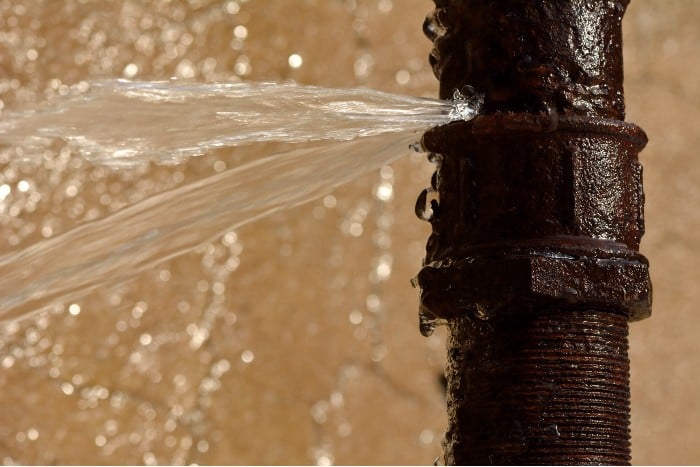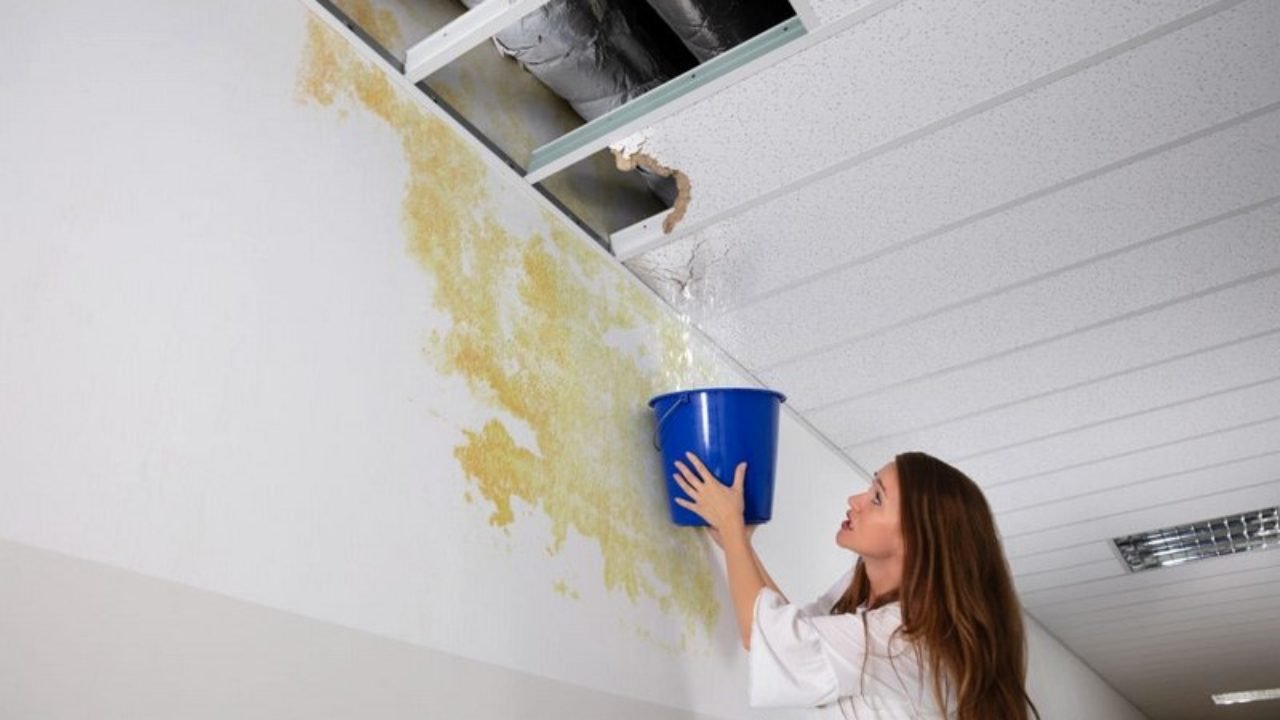The Six Most Common Origins of Water Leaks in Your Home: How to Identify and Address Them
The Six Most Common Origins of Water Leaks in Your Home: How to Identify and Address Them
Blog Article
The article author is making a number of great points about Most Common Causes of Leaky Pipes as a whole in this post just below.

Leakages not only cause waste of water but can additionally trigger unneeded damages to your home and also advertise unwanted natural development. By recognizing as well as looking for day-to-day scenarios that cause leakages, you can safeguard your residence from future leakages and also unnecessary damage.
Intruding roots
Many water leakages start outside the house as opposed to inside it. If you see an unexpected reduction in water pressure, say in your faucet, require time to go out and analyze your yard. You may observe wet spots or sinkholes in your lawn, which might mean that tree roots are invading water lines causing water to seep out. You can have your plumber look for intrusion, particularly if you have trees or shrubs near your home.
Corroded water supply
This might be the cause of discoloration or bending on your water pipelines. If our plumbing system is old, take into consideration changing the pipelines given that they are at a greater risk of deterioration than the more recent versions.
Defective Pipeline Joints
The factor at which your pipes link is regularly the weakest web link in the waterline. Pipeline joints can deteriorate gradually, resulting in water leaks. Sadly, the majority of pipeline joints are not quickly noticeable. If you have loud pipes that make ticking or banging sounds, particularly when the hot water is turned on, your pipeline joints are most likely under a lot of stress. It is recommended to have your plumber inspect your system once a year.
Instant temperature modifications.
Severe temperature level adjustments in our pipes can cause them to expand as well as contract all of a sudden. This development and also contraction might create splits in the pipes, especially if the temperature are below freezing. If you maintained an eye on how your plumbing works, it would be best. The existence of the previously stated conditions regularly suggests a high threat.
Poor Water Connectors
At times, a leakage can be triggered by loose hose pipes and also pipes that provide your devices. In instance of a water connections leakage, you might observe water running straight from the supply line or pools around your appliances.
Clogged Drains
Blocked drains pipes may be irritating and also inconveniencing, yet they can in some cases wind up causing an overflow causing break pipes. Keep getting rid of any kind of products that may go down your drains pipes that could block them to avoid such troubles.
All the above are sources of leakages but not all water leaks result from plumbing leaks; some leaks might originate from roof leakages. All leakages ought to be repaired right away to avoid water damages.
Leakages not only create waste of water but can also cause unneeded damage to your home and promote unwanted organic development. By understanding and looking for day-to-day circumstances that create leakages, you can secure your house from future leaks and also unnecessary damage. Today, we will certainly look at six leakage creates that may be causing your pipes to trickle.
At times, a leak can be caused by loose pipes and also pipelines that provide your appliances. In situation of a water connections leak, you might discover water running directly from the supply line or pools around your home appliances.
How To Check For Water Leak In Your Home
How To Check for Leaks
The average household's leaks can account for nearly 10,000 gallons of water wasted every year and ten percent of homes have leaks that waste 90 gallons or more per day. Common types of leaks found in the home are worn toilet flappers, dripping faucets, and other leaking valves. These types of leaks are often easy to fix, requiring only a few tools and hardware that can pay for themselves in water savings. Fixing easily corrected household water leaks can save homeowners about 10 percent on their water bills.
To check for leaks in your home, you first need to determine whether you're wasting water and then identify the source of the leak. Here are some tips for finding leaks:
Take a look at your water usage during a colder month, such as January or February. If a family of four exceeds 12,000 gallons per month, there are serious leaks.
Check your water meter before and after a two-hour period when no water is being used. If the meter changes at all, you probably have a leak.
Identify toilet leaks by placing a drop of food coloring in the toilet tank. If any color shows up in the bowl after 10 minutes, you have a leak. (Be sure to flush immediately after the experiment to avoid staining the tank.)
Examine faucet gaskets and pipe fittings for any water on the outside of the pipe to check for surface leaks.
Undetected water leaks can happen without the home or business owner even realizing. If you suspect a water leak, but not able to find the source. It is time to contact a professional water leak detection service, The Leak Doctor.
How To Find a Water Leak In Your Home
https://www.leakdoctor.com/blog/How-To-Check-For-Water-Leak-In-Your-Home_AE197.html

We had been shown that write-up on Top Causes of Home Water Leaks from someone on our other web address. Those who liked our article kindly make sure you remember to share it. Thank-you for your time spent reading it.
Contact Us Now Report this page